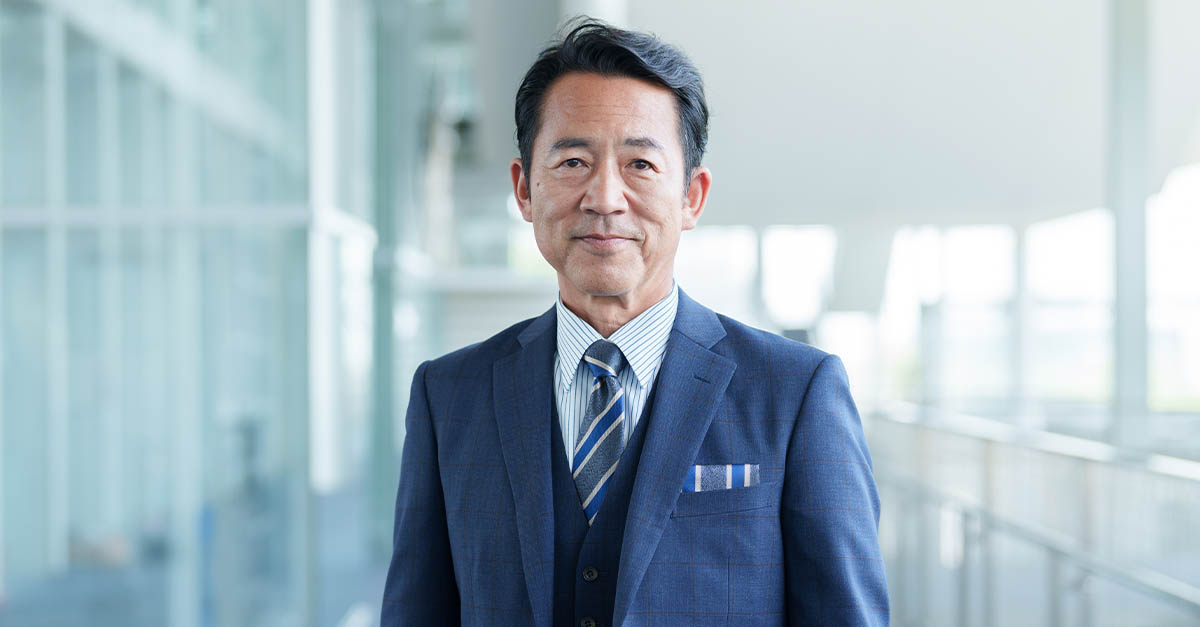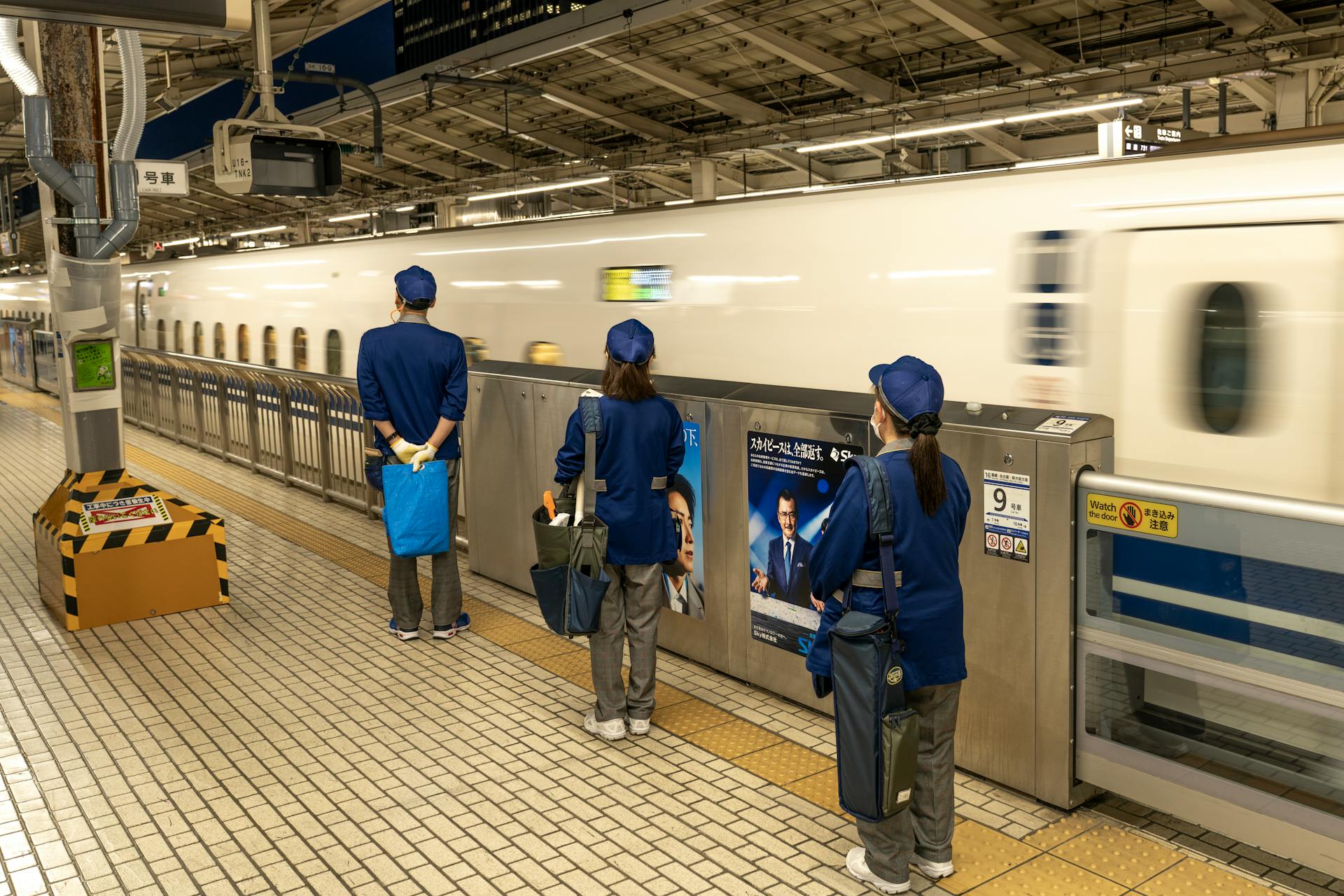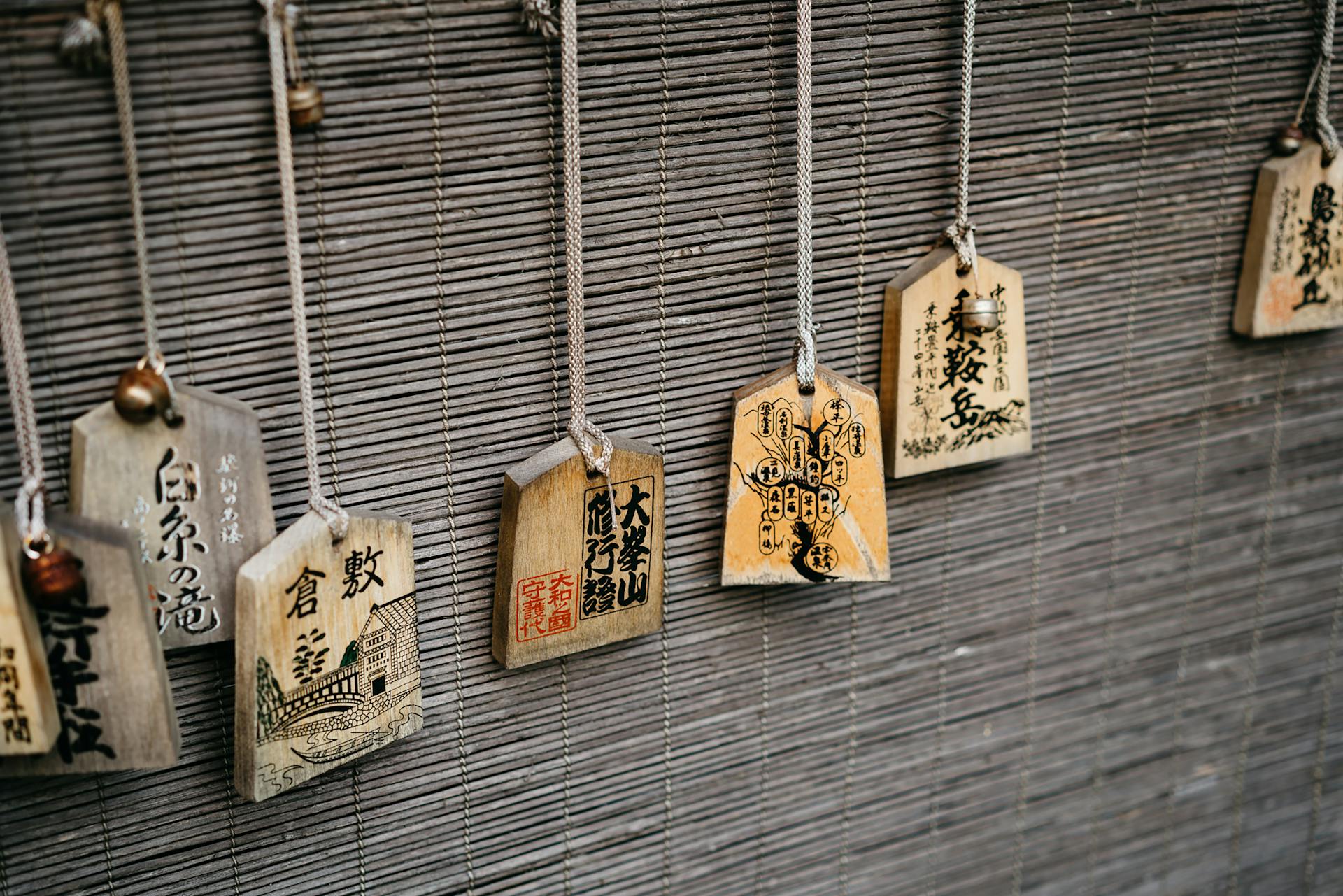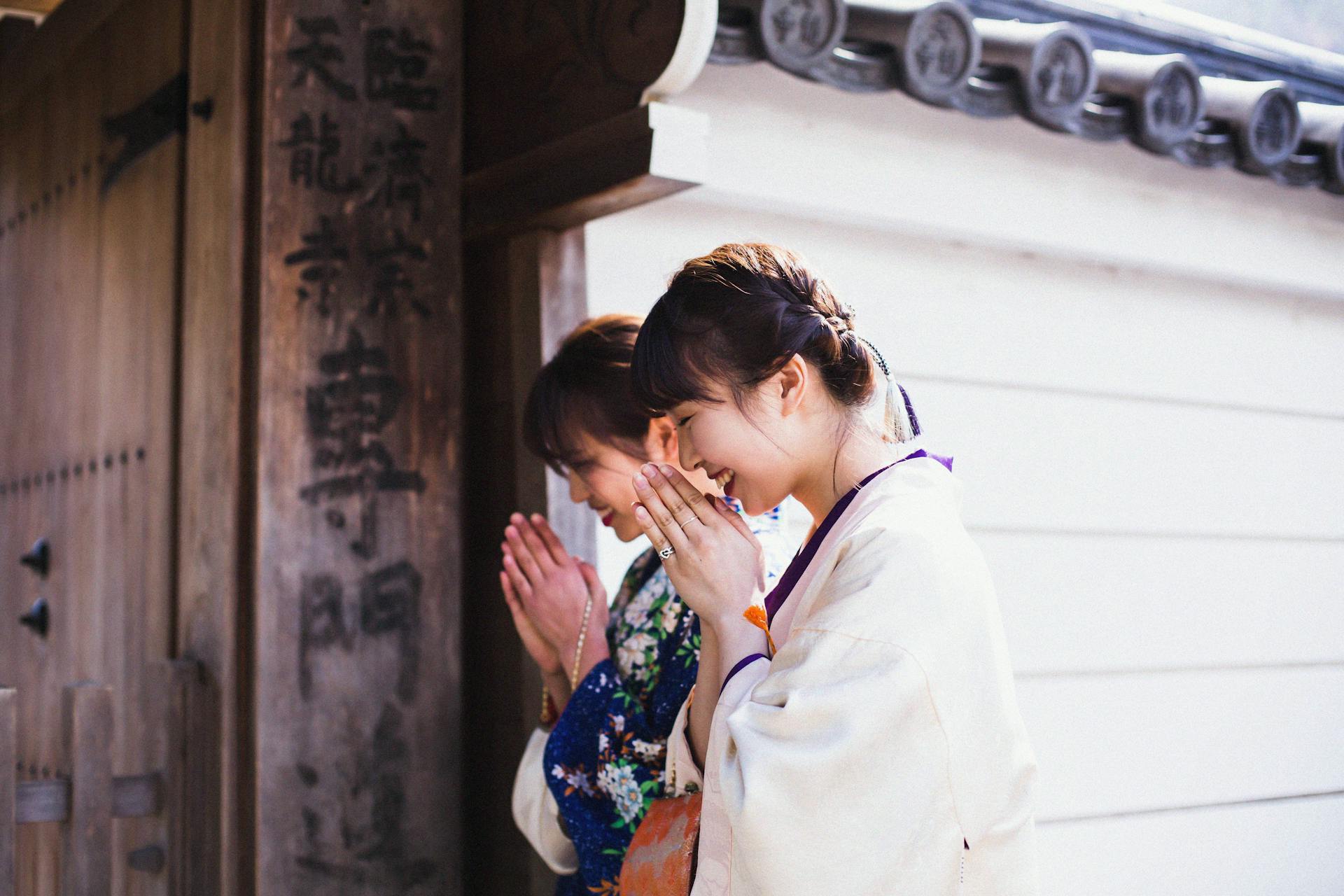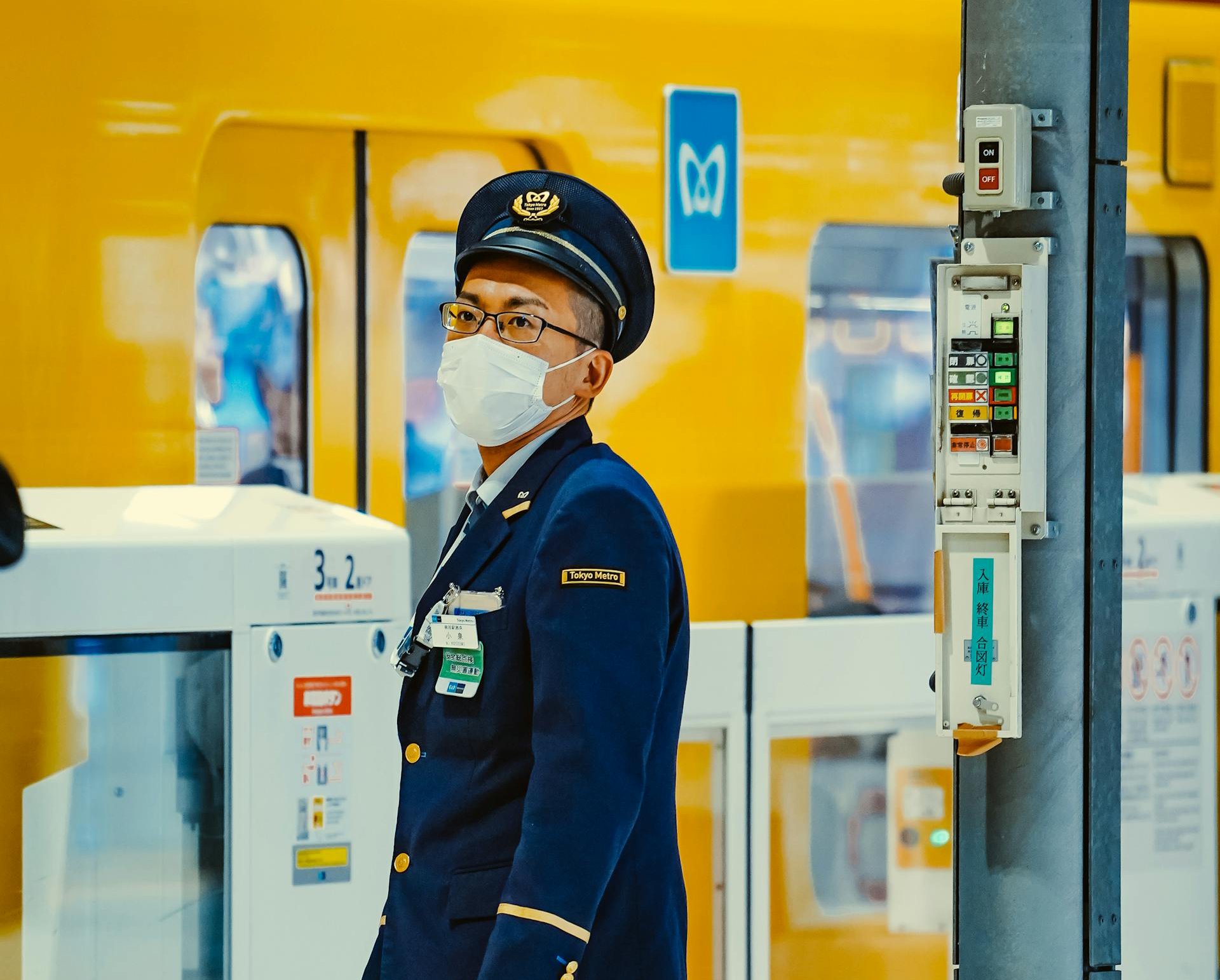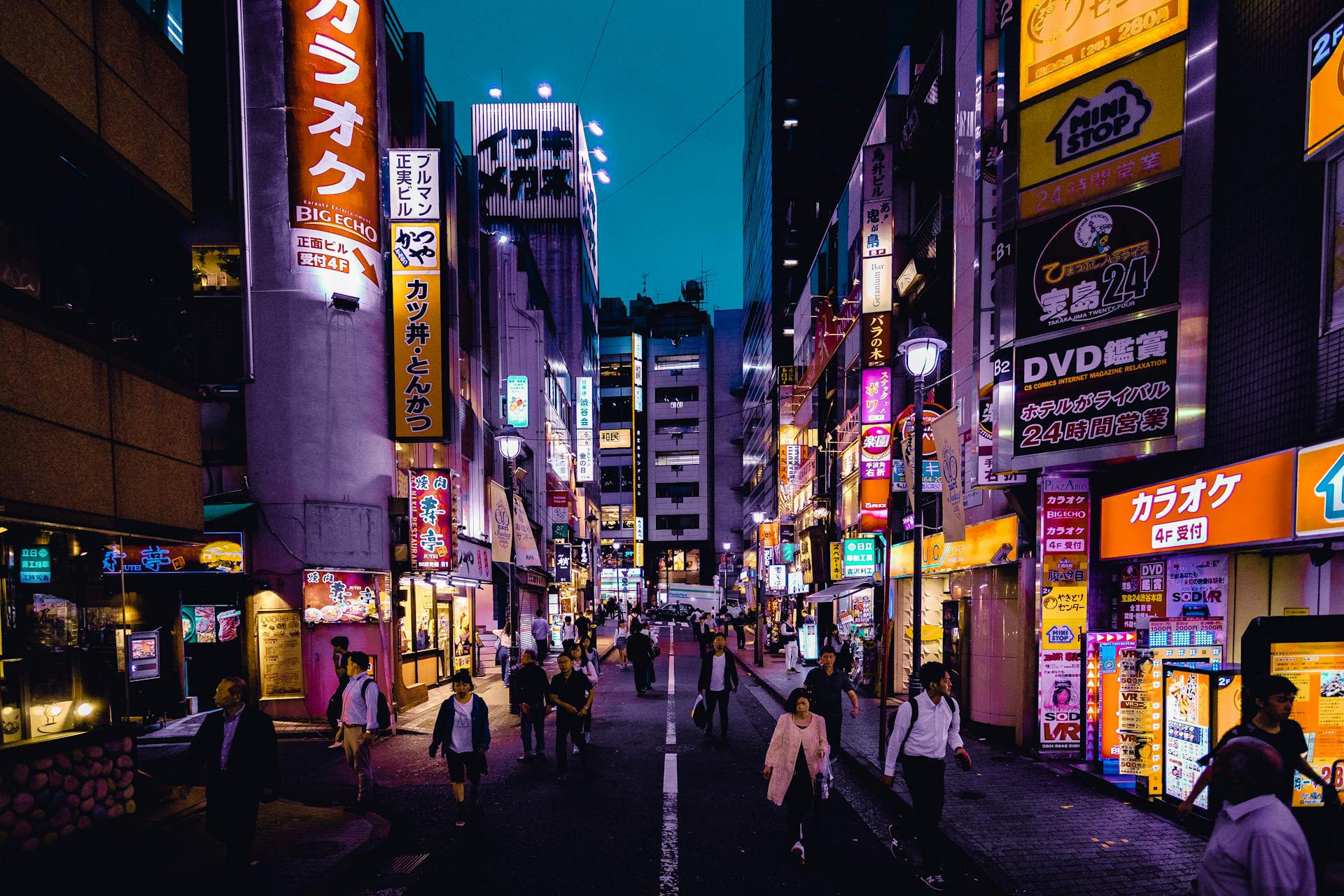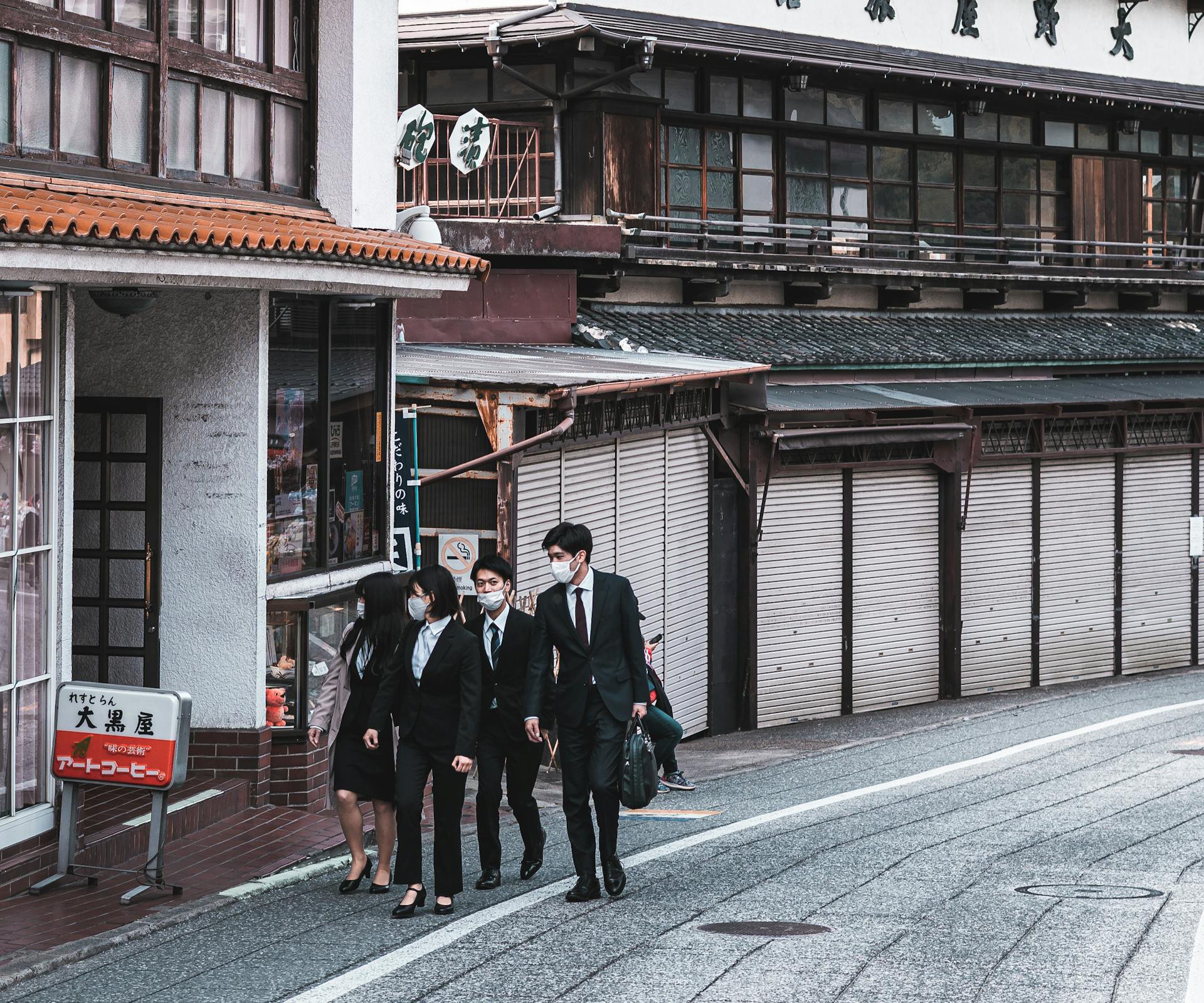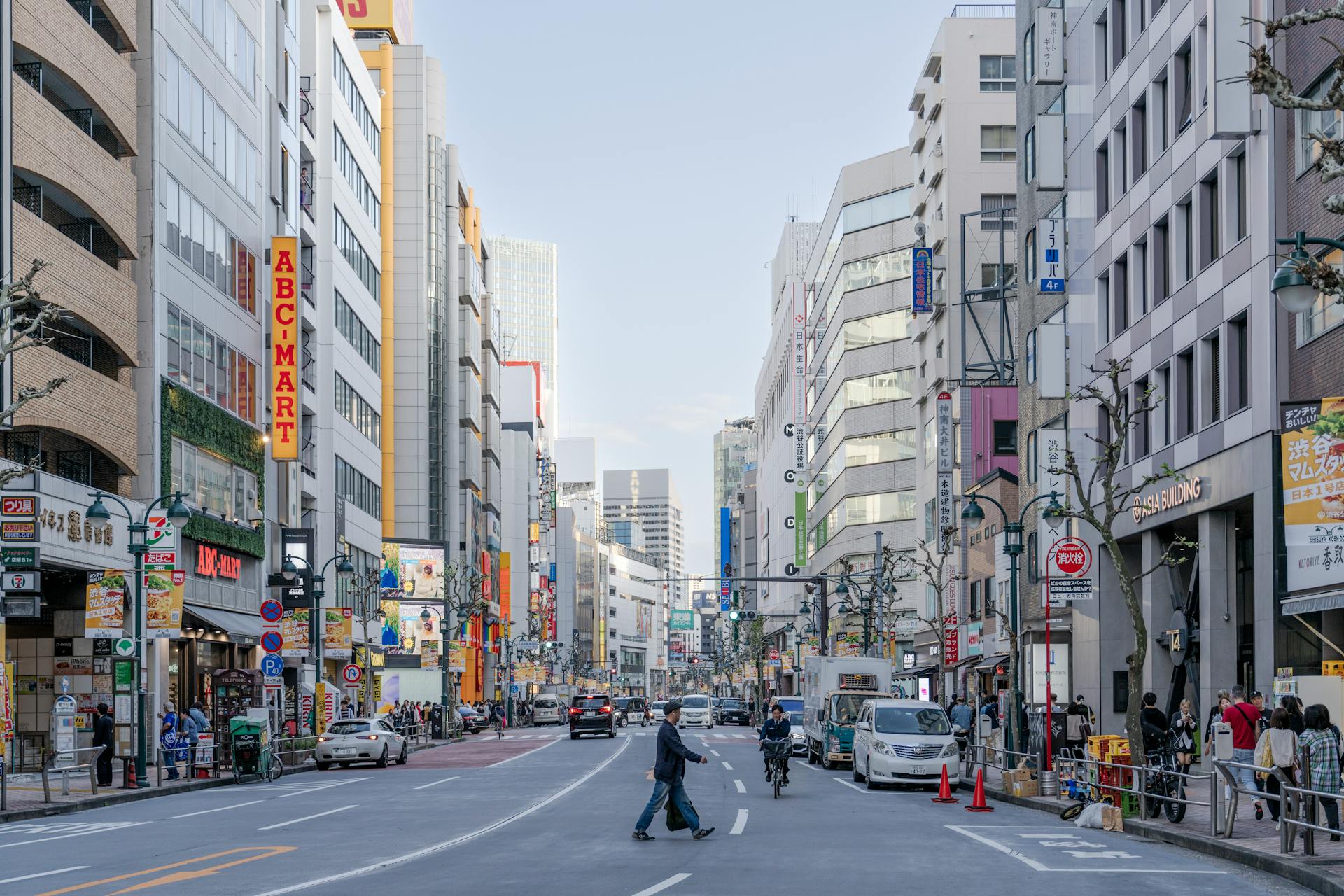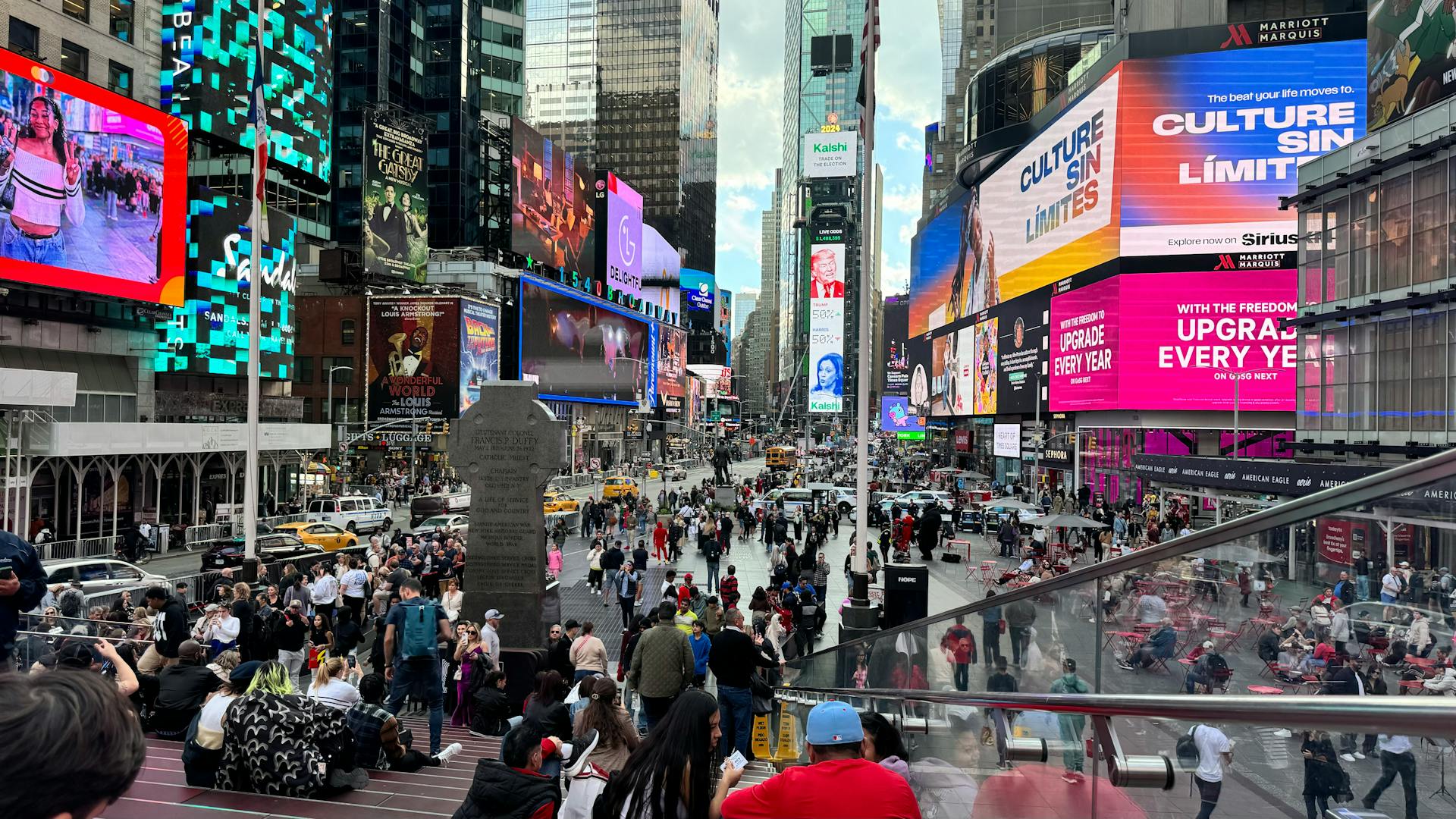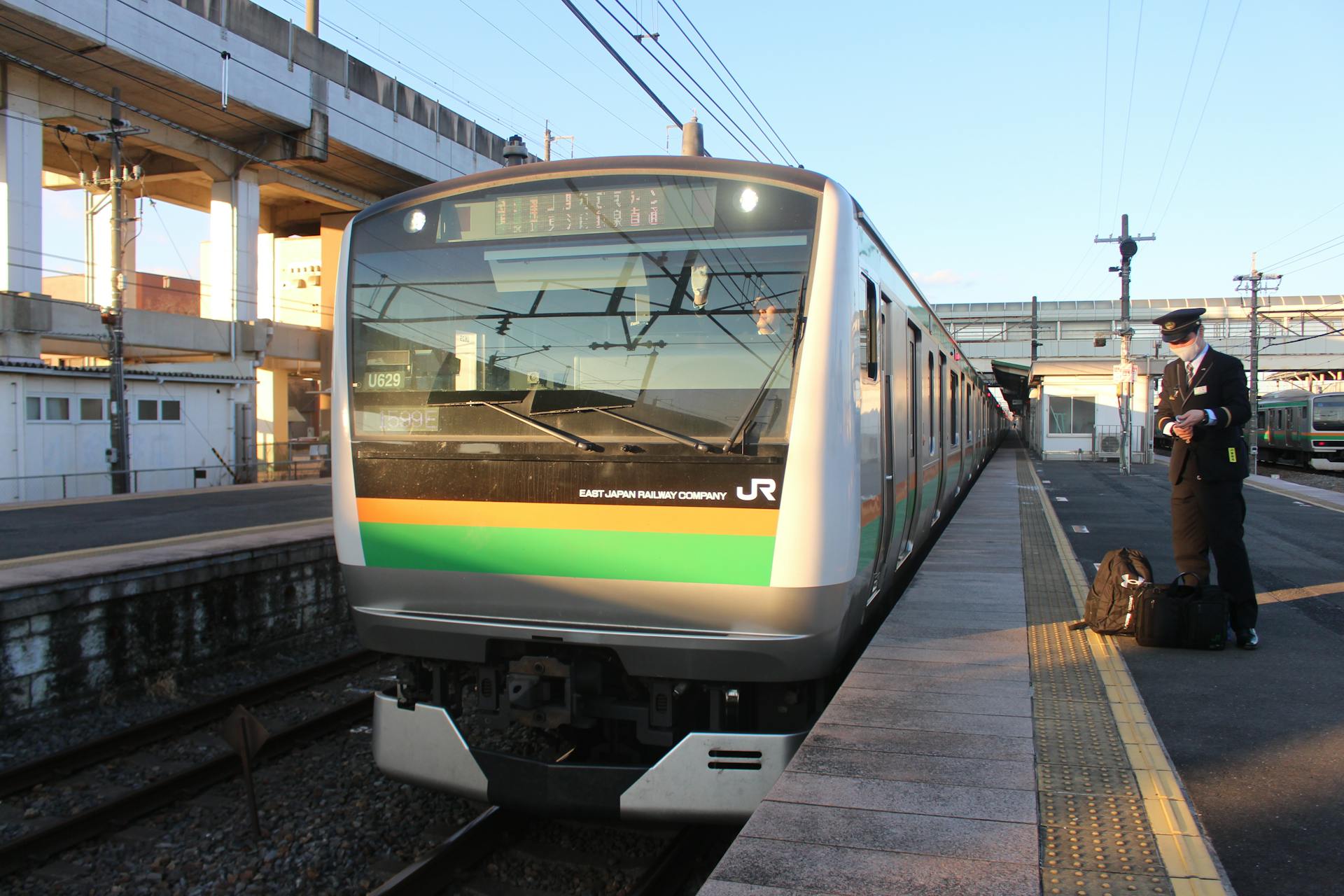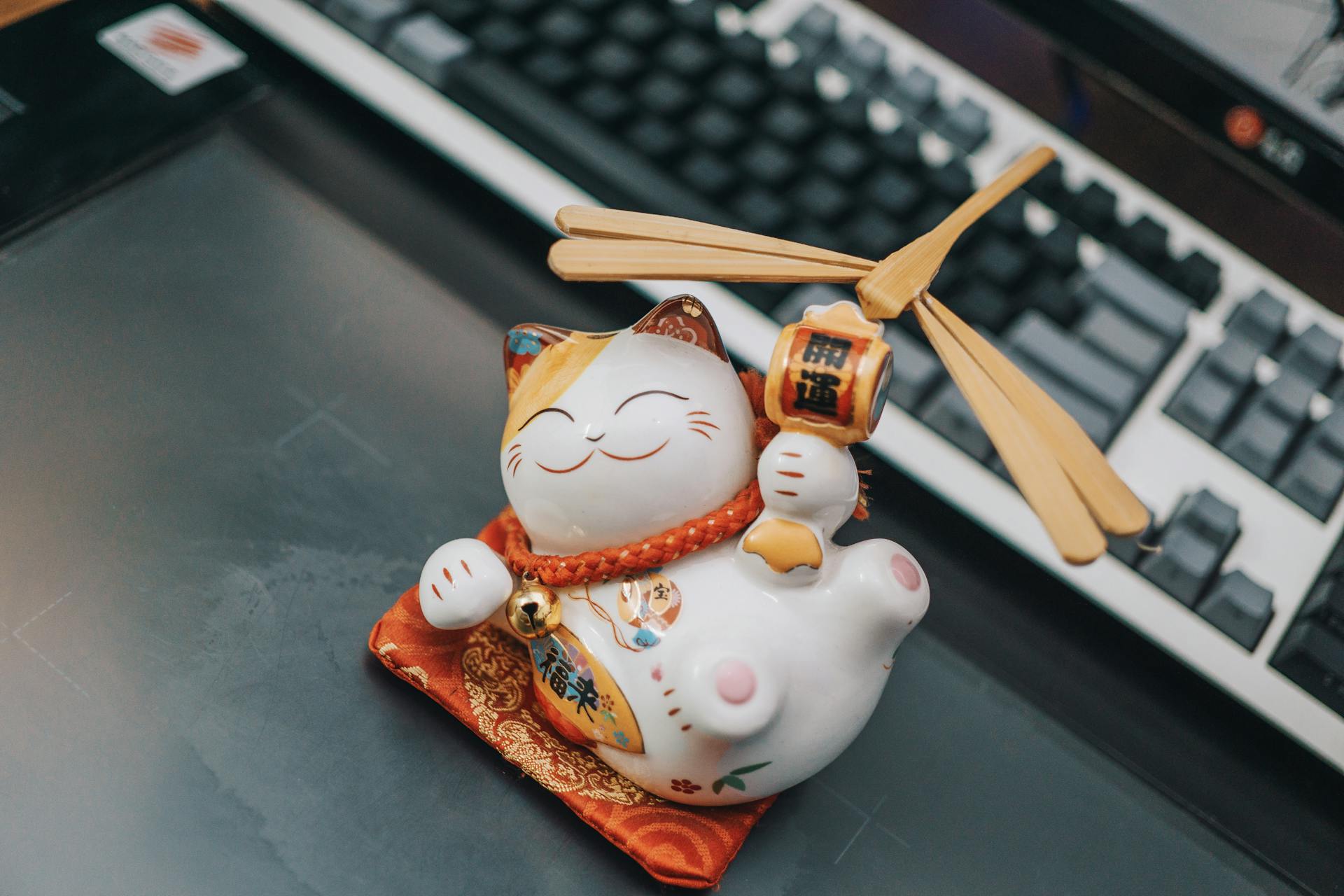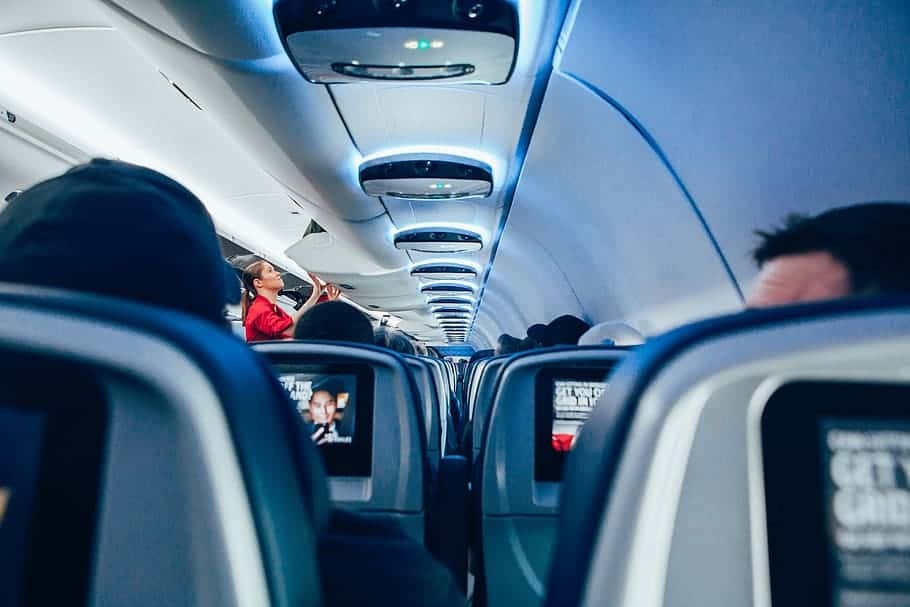Comparing Japanese And American Work Styles
Japan offers an abundance of work opportunities, attracting talent from across the globe. In 2023, the country was home to an impressive 1.73 million foreign workers. However, the allure of Japan’s professional landscape comes with unique challenges that many westerners are not aware (or prepared) for. From workplace etiquette and dress codes to employee dynamics and professional ethics, the contrasts are striking. Let’s dive deeper into these fascinating differences.

Eastern Work Mindset
The work cultures of Japan and the United States are shaped by distinct historical, social, and economic factors. In Japan, there is a strong emphasis on group harmony, long-term loyalty to the company, and a hierarchical work environment.
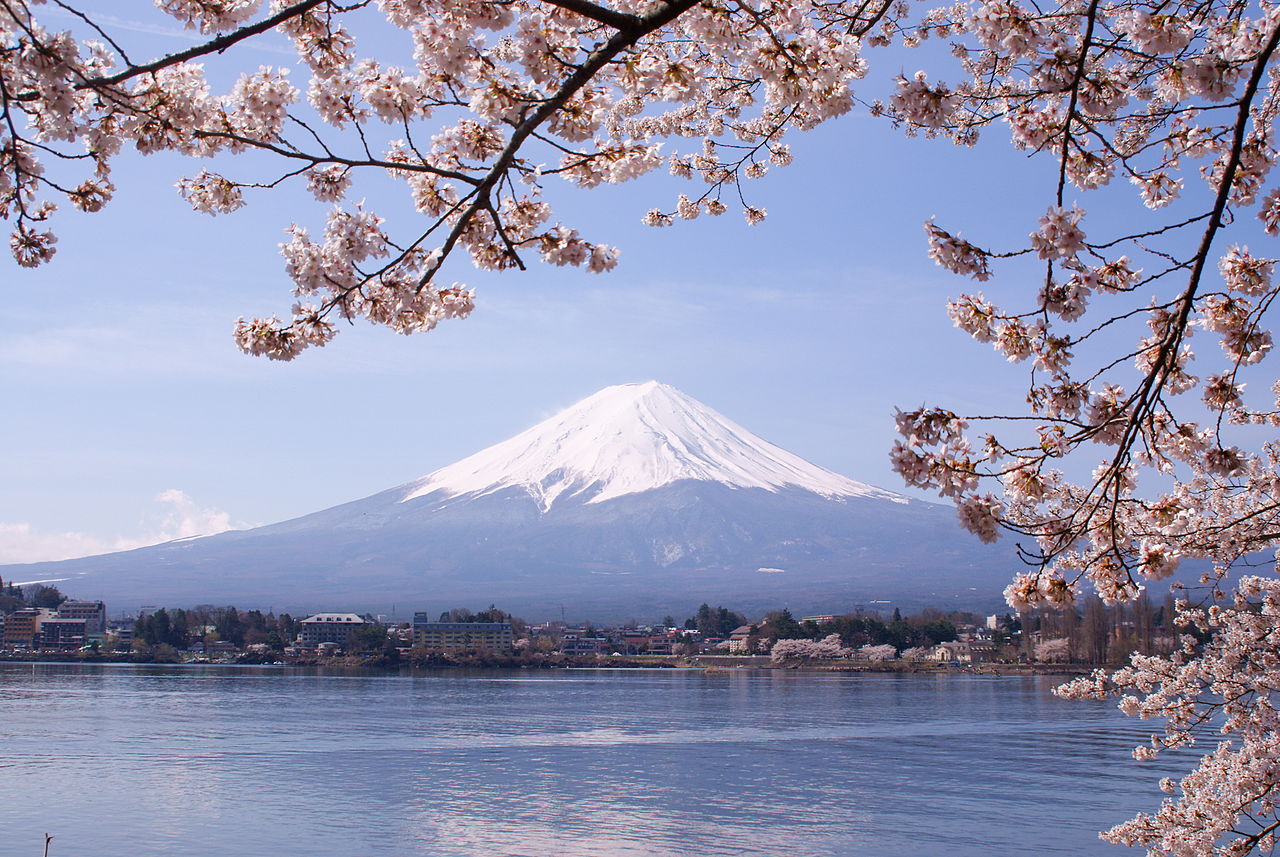 Midori, CC BY 3.0, Wikimedia Commons
Midori, CC BY 3.0, Wikimedia Commons
Western Work Mindset
In contrast, the US workplace values individualism, work-life balance, and more egalitarian management structures, reflecting broader cultural differences between the two nations.
 Ben o'bro, CC0, Wikimedia Commons
Ben o'bro, CC0, Wikimedia Commons
Historical Context To Work Mindsets
In Japan, the concept of lifetime employment and loyalty to one’s company has its roots in post-war economic recovery, where stability and long-term commitment were highly valued. Meanwhile, in the US, the rise of industrialization and capitalism fostered a more flexible, competitive work environment, with an increasing focus on merit and individual achievement.
Japanese Practices Not Common In The USA
Before exploring the contrasts between American and Japanese business cultures, let's first examine some unique business practices that are specific to Japan and not commonly found elsewhere.
Bowing
In Japan, it’s customary to accompany visiting clients to the front door of the office. In high-rise buildings, this may be replaced by accompanying them to the elevator. Once inside, it’s polite to bow until the elevator doors close.
Seating Arrangements
In Japan, seating arrangements during business conferences or meetings are determined by rank, with leaders or more senior members taking the front seats. This hierarchical seating is also observed in other settings, such as colleges, trains, and taxis, reflecting the importance of seniority in Japanese culture.
Gifts As Social Currency
Gift giving in Japan is traditionally a common business practice, but today it requires caution due to ethical and conflict-of-interest regulations. While lunch and modest gifts are still common, Japanese individuals may initially decline gifts, especially early in a business relationship, to avoid any sense of returning the obligation.
Keigo (敬語)
Keigo is a formal style of Japanese that adjusts grammar, sentence structure, and word choice to express respect based on the social hierarchy—as its rude to use casual Japanese in business settings. An example is: instead of simply saying “Arigatou” (“Thank you”), a subordinate would use “Arigatou gozaimasu”. “Gozaimasu” elevates the formality to show politeness and respect.
Kenson (謙遜)
In Japanese society, humility is highly valued, and even world-class experts are expected to downplay their achievements through Kenson, or modesty. For example, when complimented on their Japanese skills, expats may respond with "iie, mada desu" ("No, I'm not quite there yet") to demonstrate restraint.
Kūki O Yomu (空気を読む)
"Kūki o yomu" more or less means "reading the air" or understanding unspoken expectations, often without direct communication. In meetings, instructions or feedback may be vague, and rejection is rarely expressed openly; instead, phrases like “maybe” or “it seems difficult” are used. Understanding this subtle form of communication is essential to navigating Japanese work culture and avoiding misunderstandings or awkward situations.
Joge Kankei (上下関係)
The hierarchical pecking order remains a fundamental part of Japanese business culture. Even if you have innovative ideas, challenging your superiors directly can lead to trouble, as respect for their authority is paramount. To succeed, it’s better to patiently learn the system, gain experience, and work your way up to influence change gradually.
Atarimae (当たり前)
Atarimae represents the unspoken truths or obvious things that don’t need to be stated aloud, and understanding these requires a strong grasp of Japanese culture. If you mention something that’s clear to everyone else, you might be met with “atarimae desho!” meaning "That’s obvious!"
Genki (元気)
In Japan, the term Genki reflects an upbeat, energetic attitude that permeates both work and daily life. This infectious energy is often seen in commercials and is expected from employees, as it fosters a positive, productive environment.
Ganbatte (頑張って)
Ganbatte, meaning "do your best," represents the perseverance that drives workers to push through challenges. This mindset is particularly important in customer service, where a strong "can do" attitude is seen as critical for ensuring repeat business and satisfaction.
Work Attire Expectations In Japan
In Japan, companies often enforce a strict formal dress code, with male employees required to wear charcoal grey, navy, or black suits, white shirts, and subtle ties year-round. Female employees follow similar guidelines, wearing blazers with trousers or skirts, along with heels and neat ponytails. Bright colors and standing out are generally discouraged in Japanese offices.
Work Attire Expectations In America
In contrast, American workplaces tend to be more relaxed, with employees often free to wear casual attire or “office casual”. Suits are typically reserved for business meetings or presentations. Many companies also have designated casual days, where employees can dress down even further, reflecting a more laid-back approach to office attire.
Relationships With Colleagues: Japan
In Japan, the workday is strictly focused on tasks, but once the work hours end, employees often socialize together—further promoting the work as an extension of family mindset. After work, colleagues frequently gather for "nomikai," drinking parties held at karaoke bars or restaurants, where sharing meals and drinks is common.
Relationships With Colleagues: America
In the US, there are no specific social norms for after-work bonding, as the informal work environment already fosters familiarity among coworkers. As a result, employees don’t feel compelled to schedule separate time for socializing, seeing it as purely optional. This flexibility allows for more personal time outside of work.
Hierarchy In Japan
In Japanese business communication, the mantra "Ho-Ren-So"—short for Hokoku (report), Renraku (inform), and Sodan (consult)—is highly valued. Employees are expected to keep their superiors informed, report progress or results, and consult for solutions before making decisions. This approach ensures that managers are always in the loop and involved in decision-making.
Hierarchy In America
This approach is uncommon in the US, where employees are given the freedom to make decisions independently (barring any micromanagement, of course), as long as those choices benefit the company. While consultation with superiors is always an option, employees are generally expected to determine the best course of action on their own.
Decisions In Japan
In Japan, decisions are typically made through a consensus-based process, ensuring that all parties involved have the opportunity to provide input and reach an agreement. This collaborative approach reflects the cultural emphasis on group harmony and collective responsibility. By involving multiple perspectives, Japanese companies aim to build a strong, unified direction before moving forward.
Decisions In America
In the US, decisions are often made quickly, with a strong focus on efficiency and timely results. This approach reflects a cultural preference for agility and the belief that faster decision-making can lead to greater innovation and competitiveness, at the expense of greater risk.
Risk Aversion In Japan
Speaking on risk—Japanese corporations often adopt a cautious approach, with employees favoring proven methods over untested ideas. Risk-taking is generally avoided unless the outcomes are virtually guaranteed. This preference for established practices highlights the importance of stability and reliability in Japanese work culture.
Risk Aversion In America
In contrast, American businesses are far more willing to embrace new and innovative ideas, even when the outcomes are uncertain. Employees in the US are encouraged to take risks and experiment, reflecting a cultural preference for boldness and adaptability.
Communication In Japan
We already touched upon the Ho-Ren-So concept of communication. In addition to this, it is important to note that Japanese speakers are typically high-context communicators, relying on indirect expressions and subtle cues rather than stating ideas plainly, especially when discussing negative topics. Understanding this nuanced approach is essential for navigating professional interactions and avoiding misunderstandings.
Communication In America
In American workplaces, communication tends to be more direct and straightforward. English speakers are often low-context communicators, meaning they say what they mean without relying on subtle cues. This direct approach can help streamline conversations but may feel blunt to those from more indirect communication cultures.
Japanese Collectivism
In Japan, companies prioritize cultural fit over specific skill sets during the hiring process, valuing employees who can thrive in a group environment for the long term. This reflects Japan’s lifetime employment system, where workers typically (and ideally) remain with one company throughout their careers. Unlike in many other countries, Japanese companies do not have a firing culture, and long-term job security is a key aspect of the work environment.
American Individualism
In contrast, American companies prioritize candidates with specialized skills and qualifications tailored to the job. The focus on individualism emphasizes personal career growth, which often leads to job switching or strategic job hopping for better opportunities. While individual advancement is key, teamwork remains important.
Business Cards In Japan
In Japan, business cards are an essential part of the professional culture and are exchanged with great formality. Japanese business cards typically feature Japanese content on one side and English on the other. The quality of the paper and ink is important, as the card reflects both the individual and the company they represent.
Business Cards In America
In the US, business cards are still commonly used but hold less formal significance compared to Japan. Cards typically include basic contact information and are often exchanged rather casually in professional settings. While the quality/creativity of the card still matters, the emphasis is more on networking and establishing connections.
The Japanese Take On Punctuality
In Japan, punctuality is paramount, and while being on time won’t earn you praise, being late will have serious consequences. Unlike many countries where showing up on time is enough, in Japan, work officially begins exactly at the scheduled start time, such as 9:00 am. For instance, in the software industry, this means your laptop should be up and running, ready to work, by 9:00 am.
American Punctuality
In the United States, punctuality is expected, but the approach is generally more flexible. If the scheduled start time is 9:00 am, employees are expected to be present in the office by that time, though immediate readiness to begin work may not be required.
Japanese Politeness
In Japan, maintaining politeness, even during disagreements, is essential for smooth integration with colleagues. Aggressiveness is highly discouraged and is typically reserved for extreme situations, like battles or wars. Even in competitive environments like sumo wrestling, participants show respect and politeness to their opponents.
American Politeness
While politeness is also valued in America, it is generally more relaxed, and disagreements may be expressed more directly, with less emphasis on formal respect. And in some situations, when tempers flare, formal respect goes completely out the window.
Karoshi (過労死)
Karoshi is a term for extreme overwork leading to fatality. Naoya Nishigaki worked tirelessly, often staying late into the night and even sleeping at his desk if he missed the last train. On one occasion, he worked for 37 continuous hours, from one evening until 10 pm the next day. Tragically, two years later, Naoya passed away at 27 from a medication overdose, though it was officially attributed to “karoshi”.
Japanese Work–Life Balance
Many employees prioritize work over family time, starting their day early and enduring long commutes, with overtime being a common expectation. In Japan, working long hours is often seen as a sign of devotion, with the workplace viewed as an extension of the family.
American Work–Life Balance
In the US, work-life balance is a top priority, with 72% of Americans considering it when seeking employment. Employees recognize the importance of spending quality time with loved ones alongside their professional commitments, with a more recent trend of reducing emphasis on work. This focus on balance is deeply valued in American work culture.
In Summary
Japanese work culture is defined by a strong commitment to the company, long hours, and a hierarchical structure where respect for superiors and group harmony are prioritized. In contrast, American work culture emphasizes work-life balance, individualism, and efficiency, with more flexibility in decision-making and job changes for career growth. If you’re an American hoping to make it in the Japanese workforce (or vice-versa), understanding these cultural differences is key.

